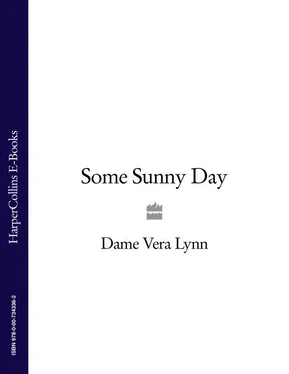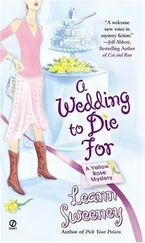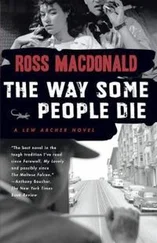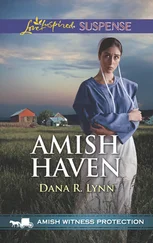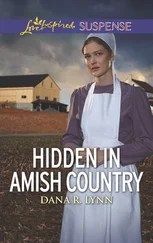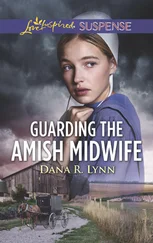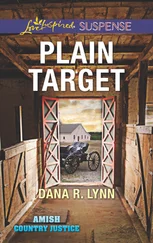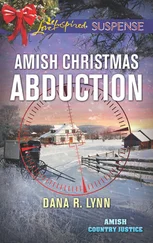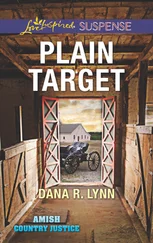So it was that I got a call which gave me a week and a half with Billy Cotton and, with it, my first taste of the big time. A one-time amateur footballer for Brentford FC, Cotton became a well-known bandleader in the 1920s and went on to be a television personality in the 1950s. Back in the thirties Howard Baker had some kind of business tie-up with Billy Cotton on the agency side, and I believe that some of the members of the Baker bands would occasionally ‘move up’ into Billy Cotton’s band. I got the impression that Billy Cotton had never been terribly keen on girl vocalists, but I suppose he thought he’d try one again, and he’d heard about me through Howard Baker, so I went to some bleak audition room and sang for him. He used the customary formula ‘I’ll let you know’, and I went home not really expecting to hear any more about it. But he phoned, and said would I go to Manchester—just like that—and he’d give me five pounds for the week.
In the 1930s there was always some magic about the figure of five pounds. If you ever heard an adult say of another, ‘He’s getting five pounds a week,’ you knew that this person had made it. But more important than that, it looked like a big step up in my career. Mum had to come with me, of course, since I was only sixteen going on seventeen—as the song says —and that meant she had to flap round and organize someone to look after Dad at short notice. I played a week of Mecca ballrooms in the Manchester area, and the most memorable thing about the whole trip was not singing with the band but the awful place where we had digs. My only other experience of staying away from home on a job had been those two nights of candles and syrup of figs at Leighton Buzzard. This was worse—a tiny room, with one bed in it, which my mother and I shared. When we came home from the show each night there was an awful greasy supper of fish and chips or sausages waiting for us, and a great roaring coal fire halfway up the chimney, making the room so hot you could hardly breathe. If they didn’t manage to poison us there was always a strong chance we’d choke to death; they seemed determined to get us one way or the other.
The following week Billy Cotton took me on to Sheffield, where the band had a week’s engagement at a theatre, but this time I only lasted three days. I’ve never been absolutely certain what went wrong. It certainly wasn’t what or how I sang, because I seemed to be very well received. I think the trouble arose because he would announce me as a little girl he’d more or less discovered, who was getting her first chance, and then I would come out full of the bounce and confidence and technique of many years’ experience. He used to get furious: ‘You’re supposed to be an amateur,’ he’d say, ‘not a seasoned professional!’ I’d come back at him: ‘I can’t help that; I can’t undo everything I’ve taught myself. I’ve been doing it for nearly ten years.’ That may have been the reason, although I also got the impression that he just didn’t want to be bothered with having a young girl in among his hard-bitten musicians—the Billy Cotton Band of those days was always a pretty wild bunch. Anyway, he sent me home in the middle of the week. Though he did have the grace to say a few years later that it was the worst day’s work he’d ever done.
So it was back to Howard Baker. I don’t think I felt too badly about it. The digs in Manchester had been ghastly, and I’d learned that theatre dressing rooms could be considerably more squalid than the modest but adequate accommodation in the clubs. But going out with a nationally known band, appearing before large audiences to whom I was a total stranger, had been good experience for me. I’d always taken everything a step at a time, and if this particular step hadn’t led very far, well, that was to be expected once in a while.
The next step I tried to take didn’t lead anywhere at all. I was working in some club in East London, and a couple of boys who had an act said to my mother, ‘Why don’t you take this girl up to the BBC?’ We didn’t do anything about it right away, but eventually we wrote to them for an audition. The result was that I went along and sang for Henry Hall, who was doing very well in charge of the BBC Dance Orchestra—Hall was the bandleader who recorded the delightful ‘Teddy Bears’ Picnic’ with the BBC Dance Orchestra in 1932. He turned me down. Many years later he used to say that it was because my voice was not one that would have blended with his music. Whatever it was, he considered me unsuitable. I must have been disappointed, but no matter, there was another step in the offing, and when I eventually took it, it was to have far greater consequences.
All these years I’d been going to the music publishers, shopping for new songs. The people in all the publishers’ offices knew me and were kind to me, but the closest, kindest friend of the lot was Walter ‘Wally’ Ridley. He later became a producer for EMI Records, but in those days he worked on the ‘exploitation’ side of the music publishing house of Peter Maurice in Denmark Street. An exploitationist would try to match the right song with the right artiste, and Wally always kept his eyes and ears open for songs he thought might suit me, he’d keep an eye on the music they wrote or bought in from the songwriters doing the rounds and would play what he deemed the best or most appropriate over on the piano for me, and generally offered encouragement and advice—he was a talented singer and composer himself. Naturally there was a Denmark Street grapevine, and through this Wally came to know that a very promising young bandleader named Joe Loss was looking for a girl singer for some radio broadcasts he’d got coming up. Wally suggested that I should try to get an audition, and in fact persuaded Joe to come over to the office. Wally played for me and I sang for Joe. To my delight Joe, with no hesitation, said, ‘Yes. Fine,’ and that was it. I hadn’t had time to get worked up or nervous about it, but there I was, at one jump, lined up to do my first broadcast. To the generation brought up on records and television, the chance of a live broadcast on sound only, at a time when there were still plenty of people who didn’t have a radio at all, can hardly appear to be anything to get excited about. But in 1935 wireless listening was growing in popularity and to get on the radio was the biggest single opportunity that could come the way of a new artist. You first proved yourself in broadcasting, and then, if you were lucky, you made your records.
This was just the start of an extraordinary sequence of events in my life at this stage. For, in the very same week that I successfully auditioned for Joe Loss, there was a further rustling of the Denmark Street grapevine, this time to the effect that band leader Charlie Kunz was auditioning for a girl singer to do some broadcasting with his Casani Club Orchestra. Wally suggested that I should try for that as well, which might have seemed unnecessary, since Joe Loss had said he’d use me. But at that time Charlie Kunz was the really big name; Joe was coming up very fast, and already had the band at the Astoria, Charing Cross Road. (The Astoria was a wonderful venue, incidentally: it was built on the site of an old pickle factory in 1893 by Edward Albert Stone, who built the four other Astorias across London (in Brixton, Streatham, Finsbury Park and the Old Kent Road). It opened as a cinema in 1927 but by the 1930s it had become a popular theatre and live music venue. That was Joe Loss’s stomping ground.) Charlie Kunz, on the other hand, was far more established, he was tremendously popular and he was making records. Anybody who became associated with that band stood a good chance of going really far.
People later made out that someone connected with Charlie Kunz heard me broadcasting with Joe Loss, and that I was snapped up for the Casani Club broadcasts. The truth is rather less romantic: I went down to the Casani Club at Imperial House in Regent Street and did an orthodox audition for Charlie and the owner, Santos Casani. Santos, by the way, had been an international ballroom-dancing champion, a specialist in the once wicked tango, before he started his nightclub. That famous newsreel clip of a couple dancing the Charleston on the roof of a London taxi was a stunt fixed up by Santos Casani. He’d also been a very young pilot in the First World War.
Читать дальше
